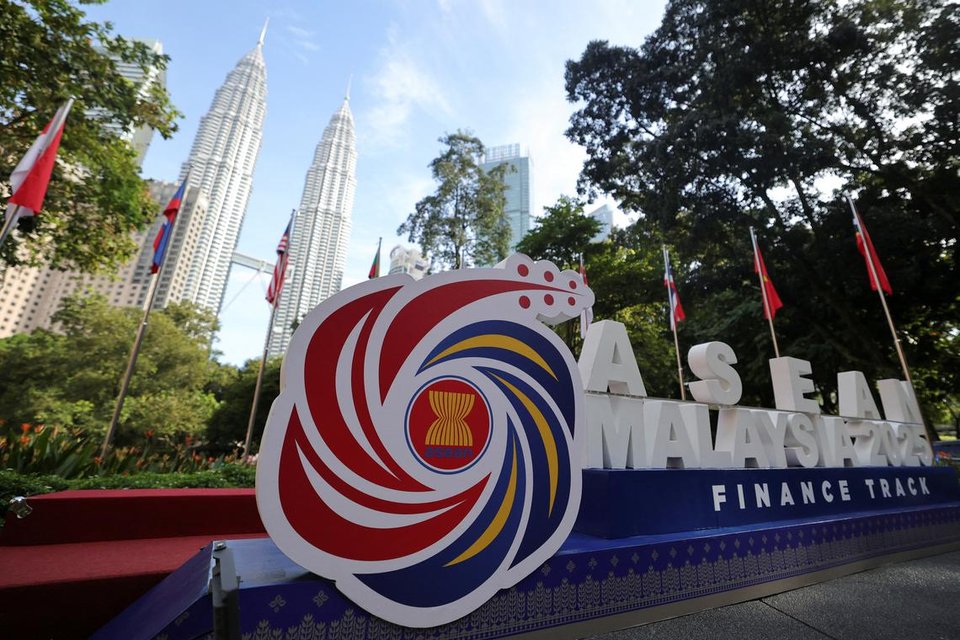Kuala Lumpur – Foreign ministers from the Association of Southeast Asian Nations (Asean) will convene on July 9 in Malaysia, as the region grapples with renewed uncertainty following the United States’ latest tariff measures and a territorial dispute that threatens unity within the bloc.
The two-day series of meetings, including dialogues with key partners such as China, the United States, Japan, and the European Union, comes at a critical time. China’s Foreign Minister Wang Yi, Russia’s Sergei Lavrov, and US Secretary of State Marco Rubio will all attend, with Rubio’s visit marking his first to Asia amid efforts to repair strained relations.
On July 7, US President Donald Trump announced new tariffs ranging from 25 to 40 percent on exports from six Asean nations. Only Vietnam has secured a partial reprieve, lowering its rate to 20 percent. Other countries, including Indonesia, Thailand, and Malaysia, have stated their intent to hold further negotiations before the tariffs take effect on August 1.
A draft joint communique dated July 7 indicates that Asean ministers will express concern over the “unilateral actions relating to tariffs,” describing such moves as counterproductive and harmful to global economic stability. Although the statement avoids naming the United States directly, it underscores deepening anxiety over economic fragmentation.
The situation is further complicated by potential enforcement challenges tied to transshipment controls, which disproportionately affect Vietnam and other countries integrated into global supply chains. OCBC economist Lavanya Ventakeswaran warned that uncertainty surrounding implementation would likely hinder business planning across the region.
Adding to the tensions is a brewing border conflict between Thailand and Cambodia. Thai Prime Minister Paetongtarn Shinawatra has been suspended following leaked conversations with Cambodia’s former leader, sparking criticism and raising questions over Thailand’s political stability.
While the Asean summit will also promote a treaty on a Southeast Asia Nuclear Weapon-Free Zone, it must contend with unresolved internal matters. These include ongoing conflict in Myanmar and delays in finalizing a South China Sea code of conduct with China.
Asean’s ability to maintain cohesion in the face of economic and political strain will be tested as leaders navigate a complex and fast-evolving regional landscape.







